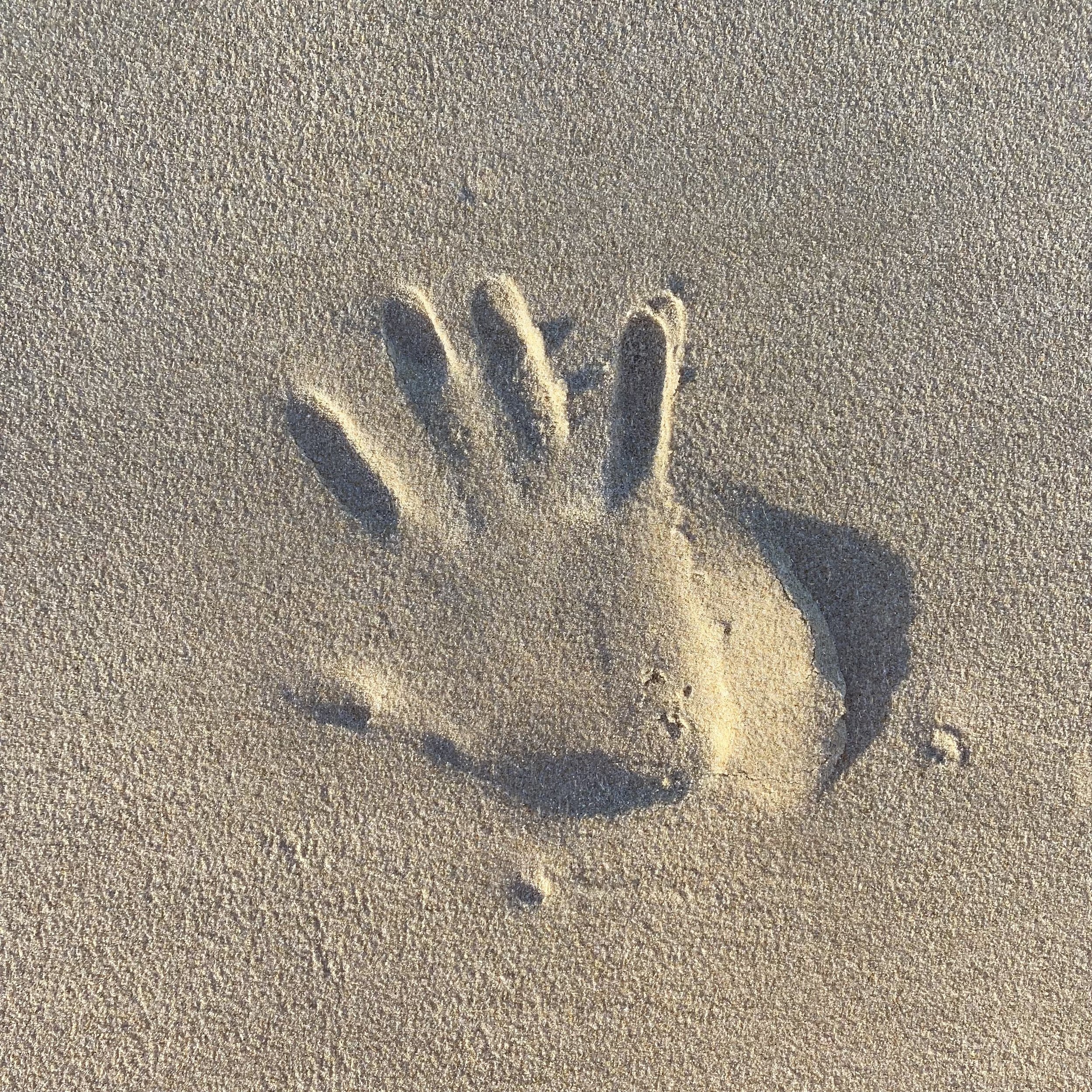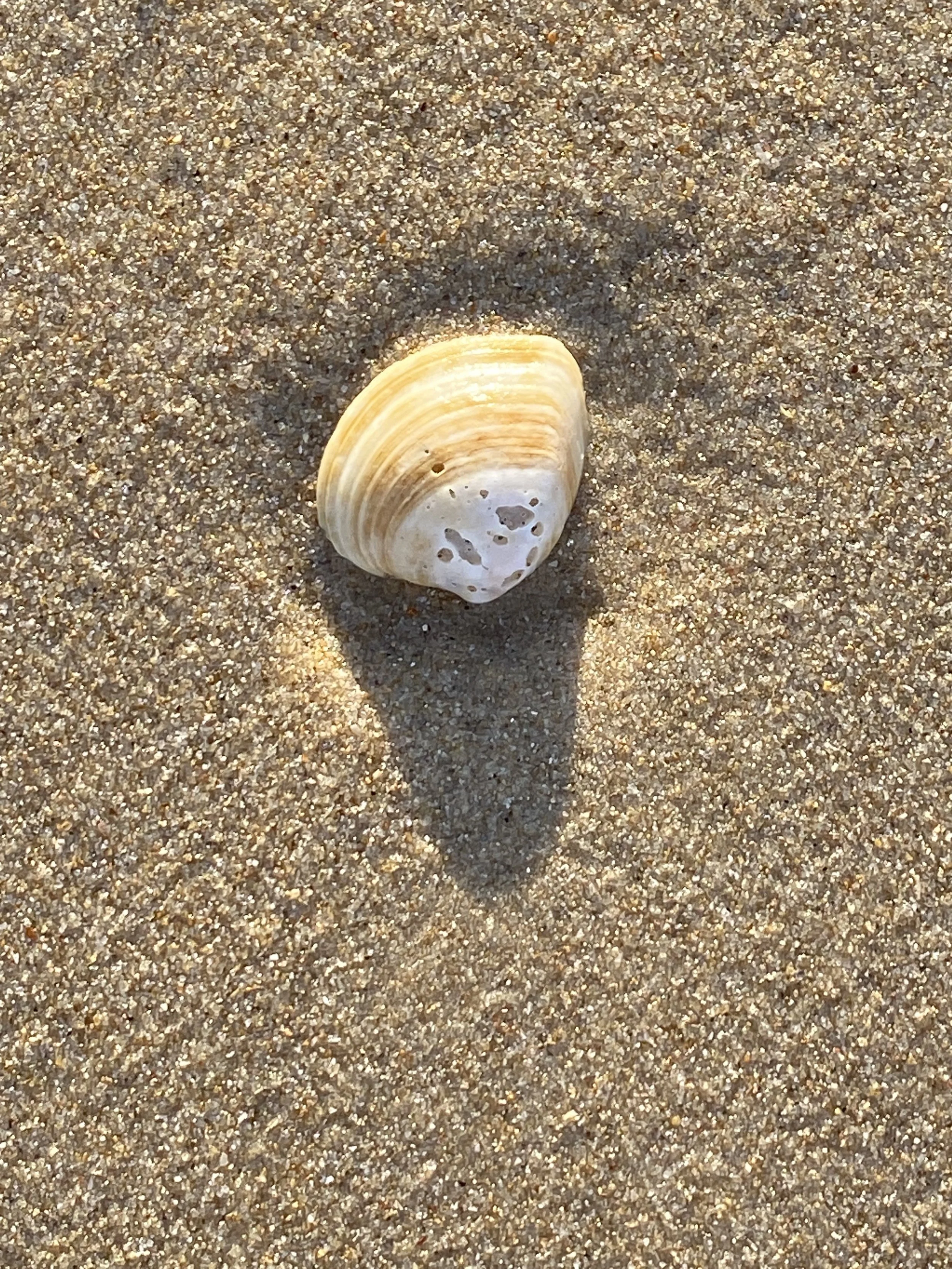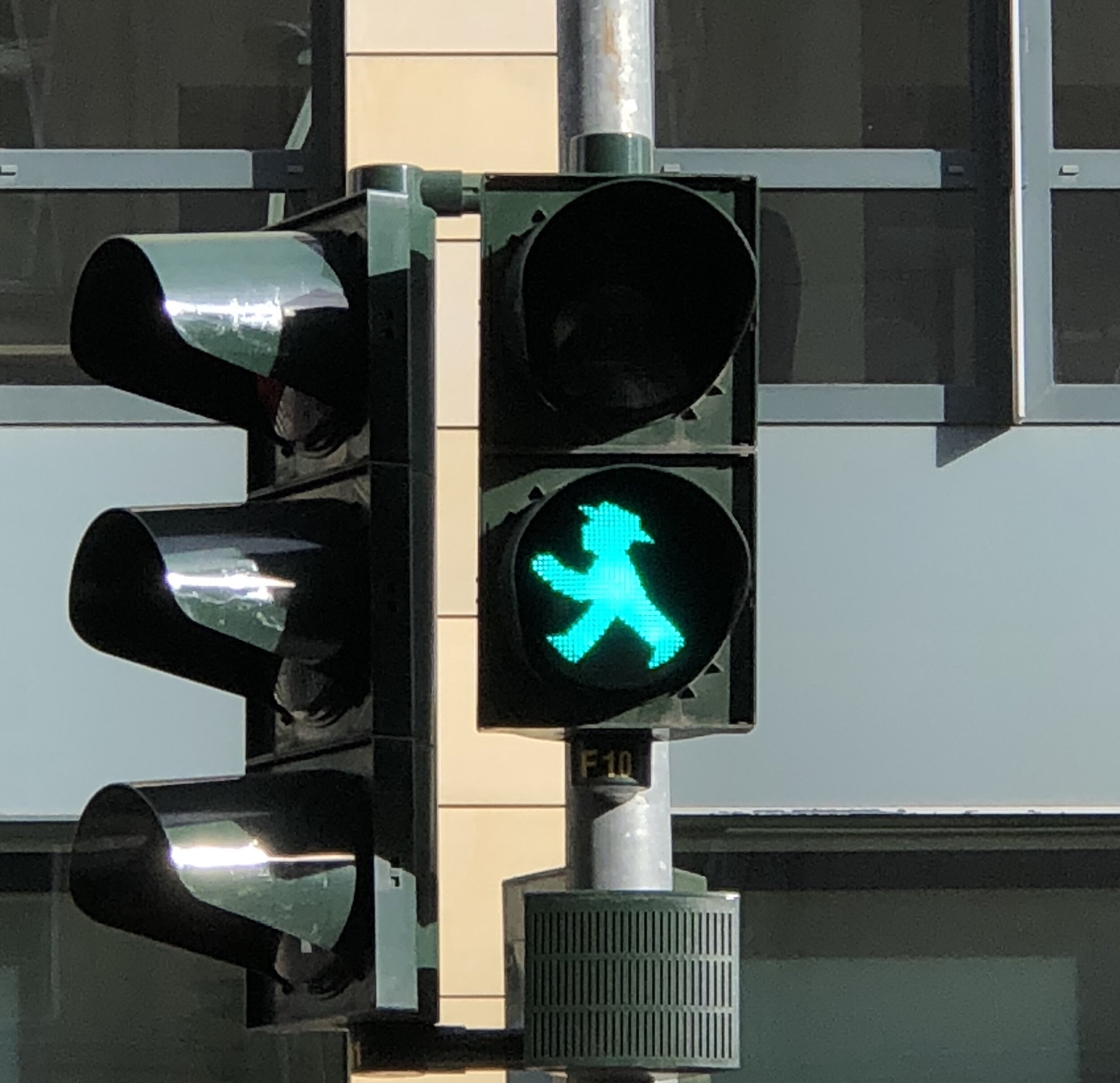Anxiety is a normal part of life, but when it starts to interfere with who you are and what you need to do, it becomes a problem. We’re living in an Age of Anxiety, where stress levels often go far beyond what’s healthy or helpful. This post explores why anxiety is a natural brain response, how it behaves like a monkey in your mind, and what simple, daily strategies you can use to keep it in check: before you need the pills. These aren’t a replacement for professional help, but they’re practical tools I use every day to stay grounded, and they might help you too.
Read MoreHigh functioning anxiety is not a diagnosis, but we recognise that people who function well often need help. They may ‘soldier on’ in spite of their anxiety. Do you function exceptionally well at work? Are you an overachiever? That’s okay, but … are you stressed? (That’s almost all of us.). This post is highly relevant to you.
Read MorePeople who have experienced childhood trauma, have “hidden talents.” As a psychiatrist sub-specialising in trauma, I have seen these ‘special skills’ and ‘hidden talents’ in the people I’ve worked with. They are real. This is not wishful thinking or look at the bright side of life. They are evidence of a brain’s ability to adapt to its environment and seek to overcome adversity to be better.
Read MoreIt’s time to apply courage to your life. Learning and practicing courage is a truckload of work and there is no quick fix. It will take effort; but this effort will be worthwhile and it will get easier.
Read MoreImagine you’re part of a study: you lie down in a functional MRI machine which looks at blood flow inside your brain. You’re staring at a live snake on a movable trolley not too far away. The snake moves; it eyes you off; you eye the snake off. Your task is to force yourself to do what you fear: move it closer and closer to your head. You can push the snake away anytime you want, no hard feelings, experiment over, but you’re asked to be determined.
Read MoreCourage means ‘of the heart’. It is not something you are born with, it is something you learn and practice. Unfortunately, many people think courage means not feeling fear even in the face of danger. Then the rest of us feel judged and defeated because no-one can do this.
Read MoreWhenever we speak, we share our thoughts and feelings as well as raw information. Through feelings underneath the words, we literally give others a piece of our mind. Written words are very different to spoken words. Written words are next to lifeless on a page, but when someone speaks to us, there’s always emotion and intent; we feel their ‘feelings underneath,’ we feel their presence. There’s always a small possibility of aggression when two humans meet, so the impact of spoken words can immediately be comforting or confronting. Spoken words are loaded not only with information as in a text-book, but also with the intentions, desires and emotions of a living mind. These convey acceptance and goodwill, or rejection and ill-will. (And you thought “hello” just meant “hello”.)
Read MoreWe humans are sly, and can use this to our advantage. Through the social brain, we transmit ‘feelings underneath’ which can be loaded with subliminal messages: I like you, you disgust me, I want to have sex with you, you’re being unfair, that hurt, I’m bored with you, and more. These messages can be felt by others but can be denied by us because we didn’t use words. This saves our reputation but hides our real intentions.
Read MoreIn our current cultural climate, there’s a conflict between people who value free speech and people who value political correctness to avoid “micro-aggressions”. Laws can be passed which protect one over the other. It’s a balance. Our ideal is to preserve free speech while minimizing micro-aggressions.
Read MoreDo the culture wars have you walking on egg-shells? Does political correctness leave you too anxious to talk to anyone? Have you ever had a situation where you thought you were being helpful but ended up offending someone? Has anyone ever taken offence at your jokes? But I didn’t intend to insult you! You took it the wrong way! I didn’t mean it!
Read MoreYes, people can hurt you. This final post is for people who need to calm down their Amygdala fears and anxieties, to allow them to have the courage and vulnerability to make their relationships their greatest assets; to trust people again.
Read MoreOften when we prepare ourselves for the day, we prepare ourselves to invest in our assets, for what we can get out of the day, for what we can produce, for how much of an influence we can be, or for how much further we can get in our careers. There is nothing wrong with all of this, but it makes for empty broken dreams if we do not do it with and for other people.
Read MoreThis is the first minute in the Morning Mental Fitness Program which is focused on other people. Our lives, are lived in tandem with other lives: we affect others people and they affect us. We are social creatures. Others go a long way in determining the quality of our lives. It’s important to ask how do I come across?
Read MoreWe ask ourselves this question often. Being free of desire is impossible. Do you desire a more peaceful life? Do you desire to be free of desire? Do you desire to make this world a better place? There are many worthwhile desires. You decide.
Be aware of some characteristics of your desires:
Read MoreIt’s a strange question. How do I feel? seems more natural, but this evokes judgment: “good” or “bad” are usual responses. What do I feel? makes you more aware of and curious about your emotions. Usual answers may include I feel calm, peaceful, intensely angry, frustrated, joyful, mildly sad.
Read MoreAs you breathe in and out in this first minute of your five-minute Morning Mental Fitness Program, ask yourself what do I think? This makes you aware of your thoughts. Know some characteristics of your thoughts. These include, according to pioneer psychologist William James,
Read MoreThis Morning Mental Fitness Program consists of 5 minutes spent alone every morning to prepare you for the day, whatever it may bring. It involves 5 brain areas which influence your outlook on life, yourself and other people.
Read MoreIn this last post, we look at handling triggers, reactions and letting go of emotions. A trigger is something that sets you off: a car back-firing is a trigger to those who have been in combat, words can be triggers if a parent belittled you constantly, someone raising their voice is a trigger if past arguments lead to violence. Anything can be a trigger. The way to break this link, is to know your triggers, be aware of them and be ready for them.
Read More
















